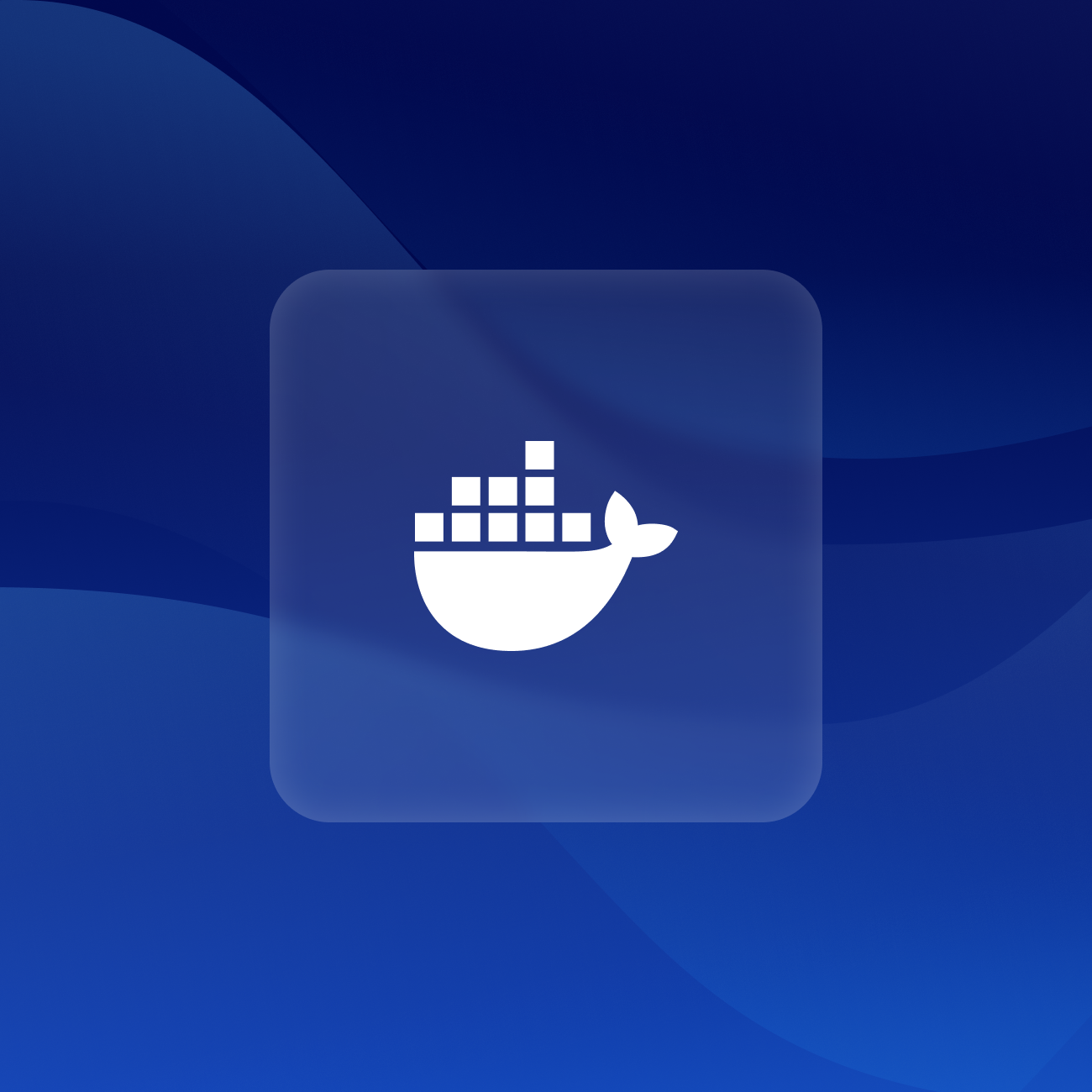Docker Desktop, a widely-used platform for developers to build and share containerized applications, has recently encountered an issue affecting some macOS users. This problem has caused Docker Desktop to fail to start, leading to concerns among its user base. Additionally, some users received malware warnings, which have been confirmed as false alarms. This article aims to provide a comprehensive, easy-to-understand breakdown of the issue, its implications, and the steps Docker is taking to address it.
Understanding the Issue
Docker Desktop is an essential tool for developers, allowing them to manage containers easily on their local machines. Containers are standardized units of software that package up code and all its dependencies so the application runs quickly and reliably from one computing environment to another. For macOS users, Docker Desktop simplifies the development process by providing a native application to manage these containers. However, the current issue has led to a disruption in this seamless experience.
The main problem reported is that Docker Desktop is not starting for some macOS users. This issue can be particularly troubling for developers who rely on Docker Desktop for their daily tasks. Moreover, the appearance of malware warnings, though inaccurate, has added to the confusion and concern.
Current Status of the Issue
The team at Docker has been quick to identify the root cause of this issue. They have also provided a temporary workaround to help affected users restore functionality. This workaround involves a series of steps that users can follow to get Docker Desktop up and running again. For detailed instructions, users can visit the GitHub page dedicated to this issue. It is important for users to follow these instructions carefully to avoid any further complications.
Next Steps and Resolution
Docker has assured its users that they are prioritizing this issue. The team is working diligently to develop a permanent fix that will be rolled out as soon as possible. In the meantime, users have the option to either implement the temporary workaround or wait for the official patch update. For those who choose to wait, it is advised not to restart Docker Desktop until the fix is available.
Docker acknowledges the importance of Docker Desktop in the development workflows of many users. They are committed to resolving the issue swiftly and effectively to minimize disruption. Users are encouraged to stay informed about the progress and upcoming updates by visiting the Docker Status page or reaching out to Docker’s Support team for any assistance.
Technical Context and Implications
For those new to Docker or containerization technology, it is worth understanding the broader context of why this issue is significant. Docker Desktop acts as a bridge for developers to leverage container technology on their local machines. Containers provide a consistent environment across development, testing, and production stages, making the software development process more efficient and reliable.
The interruption caused by this issue highlights the dependency many developers have on Docker Desktop. When tools that streamline and facilitate development processes encounter problems, it can lead to delays and additional work for developers who need to find alternative solutions or workarounds.
Good to Know Information
While Docker is actively working on a resolution, it’s a good time for users to familiarize themselves with alternative strategies and tools that can complement Docker Desktop. Understanding the command-line interface for Docker, for instance, can provide more control and insight into container management, even when GUI-based tools like Docker Desktop face issues.
Additionally, exploring other container management platforms and services like Kubernetes or Podman (an open-source tool designed to help manage containerized applications) can provide valuable insights and broaden a developer’s skill set. These tools offer different features and capabilities that can enhance the containerization strategy of any development team.
Community Reaction and Best Practices
The Docker community, known for its collaborative spirit, has been actively discussing and sharing solutions to this issue. Platforms like GitHub and Docker forums have become hubs for users to exchange ideas, share their experiences, and offer support to each other. Engaging with the community can be beneficial, providing not only immediate help but also long-term learning opportunities.
For developers, this situation serves as a reminder of the importance of regular software updates and backups. Keeping software up-to-date ensures that you have the latest features and security patches. Regular backups of work and development environments can prevent data loss and reduce recovery time in the event of software malfunctions.
Conclusion
In summary, while the current issue with Docker Desktop on macOS has posed challenges for some users, Docker’s commitment to resolving the problem is evident. By providing a temporary workaround and prioritizing a permanent fix, Docker aims to restore normalcy for its user base swiftly. Developers are encouraged to stay informed, explore alternative container management tools, and engage with the Docker community for support and knowledge sharing.
For ongoing updates, users should regularly check the Docker Status page and contact Docker’s Support team if needed. As the landscape of software development continues to evolve, maintaining a proactive approach to learning and adapting to new tools and technologies remains crucial.
For more Information, Refer to this article.


















![Samsung Unveils AI Connectivity Vision at CES 2025 [CES 2025] AI for All: Samsung Envisions a New Era of Seamless Connectivity](https://www.hawkdive.com/media/samsung-corporate-ces-2025-ai-for-all-main-event-sketch_thumb728f-218x150.jpg)












![Samsung Reveals Innovative Display Concepts at CES 2025 First Look [CES 2025] Samsung Unveils a New Vision for Displays at First Look Event](https://www.hawkdive.com/media/samsung-visual-display-ces-2025-first-look-private-show_thumb728-218x150.jpg)


